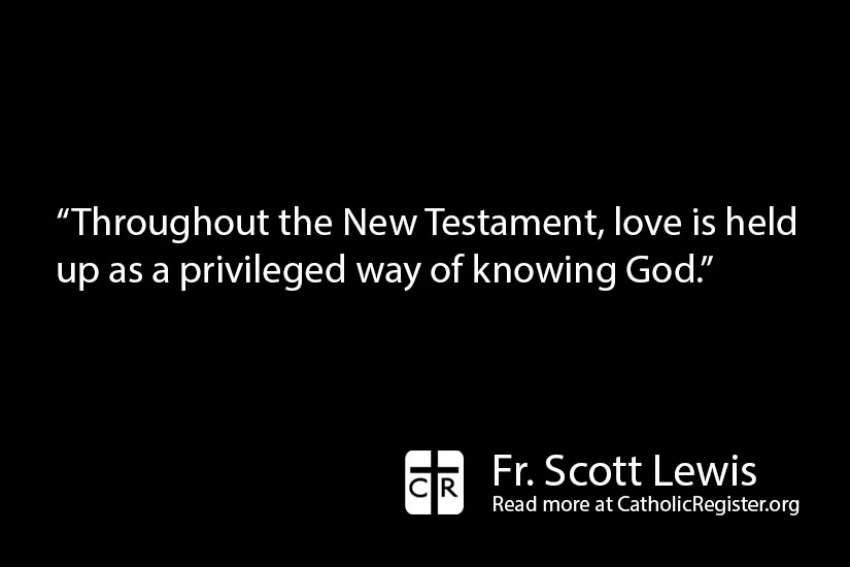In his description of life in the first communities, Luke gives us at least one answer. Unity of minds and hearts, generosity and sharing, communal prayer and, above all, gratitude made it all possible. It may not have always been so rosy, for in places in the narrative cracks open to give us a peek at some of their internal struggles. But it represented an ideal and a longing, and they were successful enough to attract many to their way of life.
There was no competition or “mine and thine” in their community. They shared openly and generously, realizing they were all one. Despite the variety of their backgrounds and former ways of life, they ate together, which was a far more significant event than it would be today.
Boundaries and labels fell away as they praised God together. No one lacked anything. No one was excluded or dishonoured. Most significantly, their lives were marked with glad and generous hearts.
Gratitude is not just an isolated act, but a spirituality and a way of life. It is nearly impossible to be grateful and at the same time mean, unkind, selfish or negative. Gratitude sets the heart free and provides the opening for God’s Spirit to enter. They experienced the unfailing kindness and faithful love of God, and it transformed them completely. Their lives bore living witness to their encounter with God, drawing countless numbers to faith in the Risen Lord.
The question any community should ask itself is to what extent an opening is being made for God’s Spirit. Learning to be not only satisfied with what we have but willing to share it would heal many wounds and divisions. This applies not only to what we share among ourselves, but the extent to which we welcome and support immigrants, refugees and the poor.
But profound gratitude for the kindness and mercy of God to each of us is an even more powerful witness. We often become insensitive and unresponsive to God’s many blessings while remaining resentful or dispirited when things don’t go well for us. Gratitude, kindness and generosity are the enemies of all forms of darkness. Powerful tools — let’s use them.
What could be a greater cause of gratitude than a new birth and living hope? That is what the early believers in Jesus experienced and they were more than willing to express that gratitude in praise. We are in a state of transition from an ordinary mortal, perishable and limited human life, to something beyond what we can ever imagine.
Life with God is everything that human life is not. The author of 1 Peter acknowledged that we have never seen God, but insisted that we know God through love and faith. Throughout the New Testament, love is held up as a privileged way of knowing God. What we experience in our hearts and souls is more than enough evidence for us.
Being a companion of Jesus did not necessarily guarantee faith. Thomas didn’t trust the testimony of others. He was not present when Jesus appeared in the upper room and conferred the Holy Spirit on the assembled apostles.
Thomas was like so many people — frightened of being hurt or disappointed, torn by cynicism and doubt. He wanted ironclad proof before he would believe. That is exactly what he got — he received a gift given to very few.
Jesus appeared again, this time inviting Thomas to touch the wound in His side and the nail holes in His hands. It was only then that Thomas opened his heart to faith, exclaiming, “My Lord and my God!” In a gentle rebuke, Jesus praised those who do not see and yet believe.
Most people of faith lack the concrete proof that Thomas demanded. They listen to their own hearts and reflect on their experience in light of faith. Jesus breathed the Spirit into the hearts and souls of the apostles, and He breathes that same Spirit into those who ask for it.
A new birth into living hope is the gift offered to all who believe in His name. All who ask in humility and sincerity of heart will receive the gift.


